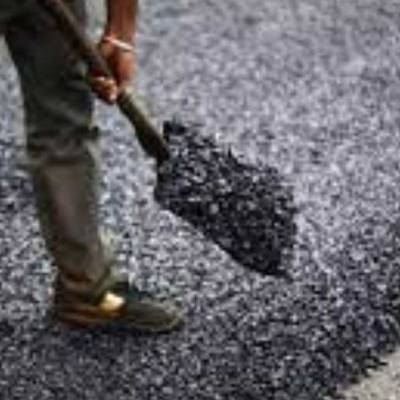

Plastic garbage must be used in the development and maintenance of service roads and national highways, according to the central government. As a result, the roads will be stronger, more resilient, and pothole-free. Additionally, it will be simpler to get rid of urban plastic waste.
In addition to these advantages, the usage of plastic waste lowers the chance of environmental damage and the demise of animals, particularly cows, because they can't eat the plastic bags from the garbage.
On February 6, the State and Federal entities responsible for road building received recommendations from the Ministry of Road Transport and Highways. According to a senior ministry official, the decision to use solid waste—plastic waste—in road construction came in January 2017. In this, national roadways are constructed using 10% of plastic garbage.
The development of several thousand kilometres of motorways, according to him, has so far involved the utilisation of plastic garbage. In places like Delhi, Chennai, Pune, Jamshedpur, Indore, Lucknow, etc., roadways made of plastic trash are being constructed.
According to the new regulations, it is required to use plastic trash while building and repairing service roads for national highways within a 50-kilometer radius of urban-rural areas with a population of 5 lakh. In order to transfer the plastic garbage to the hot mix plant, collection stations for plastic waste will be built in a number of locations.
In November 2013, the Indian Road Congress (RRC) Code of Plastics underwent revision. This is the first plastic construction code in the history of the plastics industry. In this, coal tar and 10% plastic waste are combined in a hot mix plant.
As a result, 15% less coal tar is used, and the highway lasts twice as long—10 years—instead of only five. Since the plastic is water-resistant, there aren't any craters on the road caused by rainfall getting inside, and the roads stay in good condition throughout the summer and winter.